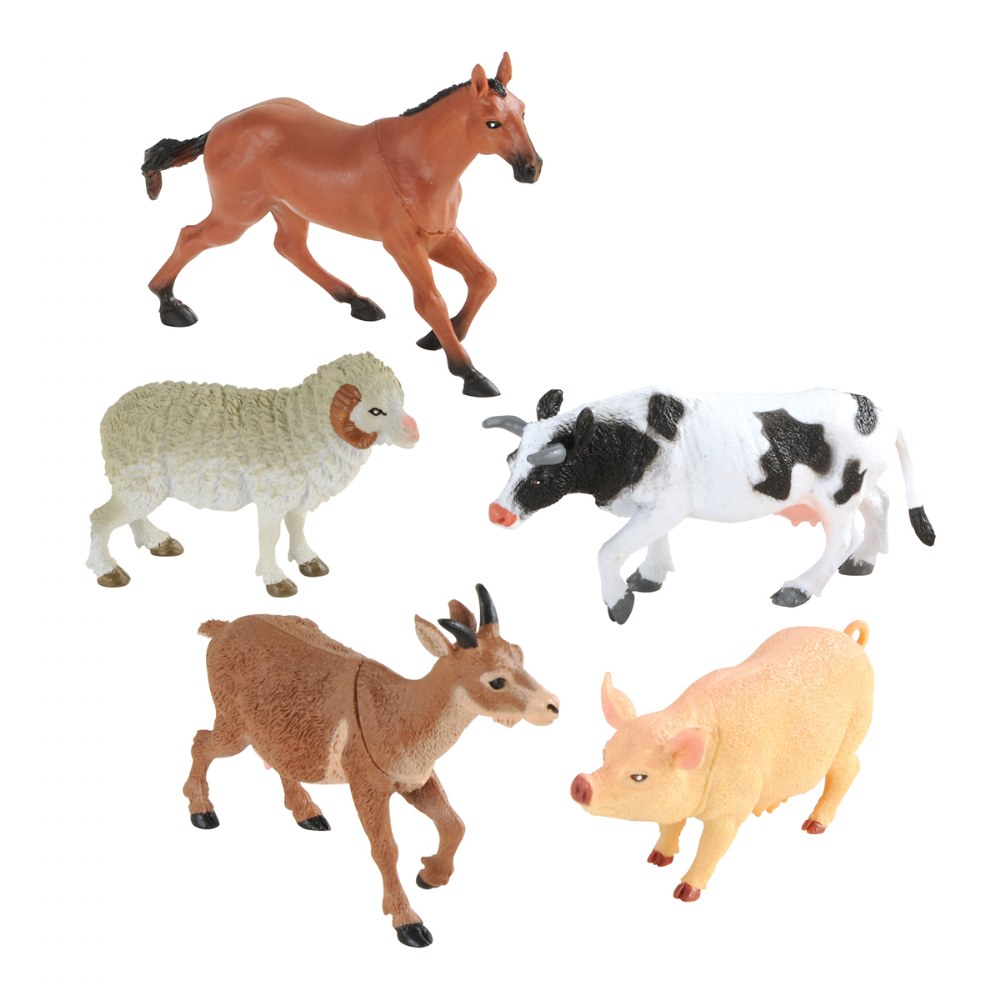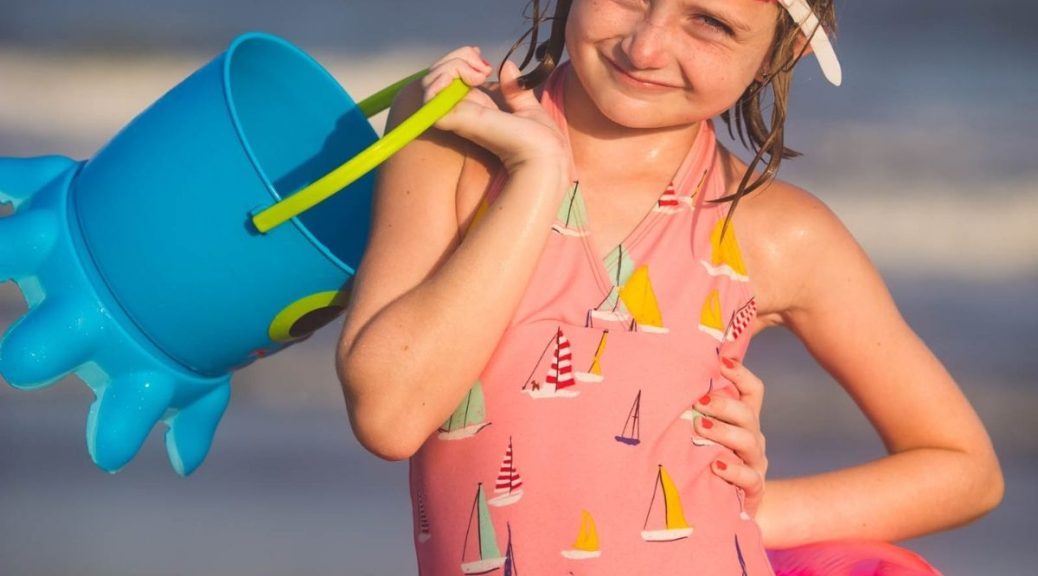Top Rated Activity Toys for Toddlers
Selecting top-rated toddler activity toys is central to aiding a child’s development. Parents and educators highly favor these toys for their proven benefits. In this section, we will explore some of the most acclaimed toys that cater to toddlers’ developmental needs.
Puzzle Sets: Puzzle toys are fantastic for problem-solving skill development. They challenge toddlers to match shapes and colors, enhancing cognitive abilities.
Building Blocks: These fundamental toys promote creativity and motor skills. Toddlers learn about balance, shapes, and spatial understanding by stacking and connecting blocks.
Shape Sorters: Introducing toddlers to shape sorters helps with recognition skills and hand-eye coordination. These toys are fun and educational at the same time.
Activity Tables: Many experts recommend activity tables. They come with various engaging features that stimulate sensory and motor skill development.
Musical Instruments: Small-scale musical instruments like drums or xylophones encourage an interest in music while improving rhythm and auditory skills.
Incorporate these top-rated toddler activity toys into playtime, and watch toddlers enjoy and learn simultaneously. Be mindful of the toy’s age recommendation and safety features to ensure a secure and beneficial experience.
Benefits of Activity Toys in Toddler Growth
Toddler activity toys do more than entertain. They are essential tools for developmental milestones. Each toy is designed to enhance specific areas of a growing child’s abilities.
Cognitive Development: Activities like puzzles and shape sorters stimulate the mind. They help toddlers understand cause and effect and solve problems.
Physical Growth: Building blocks and activity tables encourage fine and gross motor skills. Through play, toddlers develop coordination and strength.
Social Skills: Sharing and taking turns with toys teach valuable interpersonal skills. Children learn to communicate and cooperate with others.
Emotional Well-being: Successfully navigating toy challenges boosts confidence and self-esteem. Feeling accomplished after play is vital for emotional health.
Language Skills: Interacting with toys that have letters and sounds promotes language development. Toddlers learn new words and sounds, enriching their vocabulary.
In short, toddler activity toys lay the groundwork for a child’s future learning. They are pivotal in shaping a well-rounded individual. Always choose toys that are stimulating, safe, and suitable for a child’s age to maximize these benefits.
Educational Toys to Boost Cognitive Skills
Educating young minds goes beyond the traditional classroom setting. Toddler activity toys designed for cognitive skill enhancement are vital for early childhood development. They lay the foundation for learning, problem-solving, and critical thinking.
Interactive Books: These books come alive with sounds, textures, and flaps to lift. Toddlers learn cause and effect, and they start recognizing letters and numbers.
Memory Games: Matching cards or objects boost memory and concentration. Simple games where toddlers remember locations and pairs are both fun and educational.
Puzzles: Larger, simple puzzles tailored for little hands improve spatial awareness and reasoning. Toddlers feel proud as they fit pieces into the correct spots.
Counting Toys: Abacuses or digital counting toys make numbers fun. They help toddlers grasp the basics of math through playful interaction.
Letter Blocks: Toys that focus on the alphabet encourage early literacy. Toddlers enjoy stacking blocks while learning to recognize and eventually spell their name.
By incorporating these educational toddler activity toys into daily play, toddlers gain valuable skills that prepare them for future academic success. Always ensure the complexity matches the child’s developmental stage to keep the experience positive and challenging.
Sensory Play Toys for Toddlers
Engaging the senses is a critical part of toddler development, and sensory play toys are designed to do just that. These toys help toddlers explore and make sense of the world around them through touch, sight, sound, taste, and smell. Here are some sensory toys that can aid in the developmental process of young children:
Textured Balls: These balls come in various shapes and textures, sparking curiosity and encouraging tactile exploration.
Water Play Mats: Filled with water and colorful floating shapes, these mats delight the senses and can also be soothing.
Scented Dough: Safe-to-use dough with different scents can engage the sense of smell and touch, while also enhancing creativity as toddlers mold and shape it.
Sound Tubes: Toys that create interesting sounds when shaken or turned help with auditory recognition and can be fascinating for little ears.
Colorful Light-Up Toys: Bright and flashing lights captivate toddlers’ attention, helping with visual tracking and color differentiation.
Remember to provide close supervision with sensory play, especially with toys that involve smaller parts or water play. It ensures safety and maximizes the learning experience.
Motor Skills Development with Activity Toys
Developing fine and gross motor skills is a key aspect of toddler growth. Activity toys play an important role in this process. Let’s delve into how these toys help:
Climbing Frames and Slides: Larger play equipment like climbing frames and slides encourage toddlers to climb, balance, and slide, creating a fun way to develop gross motor skills.
Push and Pull Toys: These toys promote walking and coordination. Toddlers learn to guide and maneuver objects, enhancing their motor control.
Lacing Beads: Stringing beads onto a lace calls for precise hand movements. It fine-tunes dexterity and hand-eye coordination.
Toy Cars and Trains: Guiding small vehicles across tracks or floors helps toddlers refine their grasping skills and hand-eye coordination.
Swings: Swinging requires a toddler to hold on tight, engage core muscles, and feel the rhythm of moving back and forth.
Activity toys not only provide enjoyment for toddlers but are also instrumental in motor skill development. Make sure to pick toys that match a child’s ability and encourage them to explore movement and control.
Choosing Safe and Age-Appropriate Toys
When selecting toddler activity toys, safety and age appropriateness are critical factors to consider. Here’s a guide for parents:
Check the Age Recommendation: Labels on toys provide age guidelines. Follow these to pick suitable toys.
Inspect for Small Parts: Avoid toys with tiny parts for children under three. They pose a choking hazard.
Non-Toxic Materials: Ensure toys are made from non-toxic materials, as toddlers often put objects in their mouths.
Solid Construction: Choose toys that are well-made and durable. They should withstand rough handling.
Rounded Edges: Opt for toys with smooth, rounded edges to prevent cuts and scrapes.
Stability and Balance: For ride-ons or climbing toys, ensure they are stable and won’t easily tip over.
Sound Levels: Toys with sounds should not be too loud, as this could damage a toddler’s hearing.
Easy to Clean: Toys should be easy to clean to maintain hygiene and reduce germ exposure.
By considering these safety and developmental guidelines, parents can create a play environment that is both fun and nurturing for their toddlers.
Creative Play and Imagination Enhancement Toys
Creative play is a cornerstone of childhood development, especially when it involves imagination enhancement toys that encourage pretend play, storytelling, and artistic expression. The toys listed below are excellent for sparking creativity and imagination in toddlers.
Dress-Up Clothes: Costumes allow toddlers to role-play different characters, fostering storytelling and emotional understanding.
Play Kitchens: These miniature kitchens give toddlers a stage to mimic cooking, promoting symbolic thinking and hand-eye coordination.
Dollhouses: By arranging furniture and creating scenarios, toddlers develop narrative skills and learn about the world around them.
Art Supplies: Non-toxic crayons, markers, and paints encourage toddlers to explore colors and shapes, aiding in their artistic development.
Puppet Theaters: Puppets offer a way for toddlers to express themselves and create dialogues, enhancing language and social skills.
Sandboxes: Playing with sand helps toddlers to shape their world, hone fine motor skills, and enjoy sensory experiences.
Toy Instruments: Encouraging toddlers to make their own music sparks rhythm and listening skills, alongside creative expression.
The right imagination-enhancing toys allow toddlers to explore new roles and ideas. They lay a foundation for creative thinking skills that benefit a child’s overall growth. When choosing these toys, consider their potential to ignite imagination and provide open-ended play opportunities.
Tips for Introducing New Activity Toys to Toddlers
Introducing new toddler activity toys can be exciting for both parents and their children. Here are practical tips to make the transition seamless and enjoyable:
Start with Familiar Themes: Toddlers take to new toys easier if they feature favorite colors, shapes, or characters.
Guide Their Play Initially: Show toddlers how to use the toys. Play with them to set a fun example.
Mix Old with New: Pair new toys with familiar ones. This helps toddlers adjust and explore confidently.
Keep Choices Limited: Offering too many options can overwhelm toddlers. Start with a few toys at a time.
Encourage Exploration: Let toddlers discover their own ways to play. Resist the urge to direct their every action.
Watch for Safety: Always stay close when toddlers play with new toys. Ensure they use them safely.
Be Patient: Toddlers may not take to a new toy right away. Give them time to show interest naturally.
Praise Their Efforts: Applaud toddlers when they figure out the toys. It boosts their confidence and eagerness to learn.
Choosing the right moment and pace can greatly impact how toddlers engage with new activity toys. Remember, each child is unique and may need different approaches for the best outcome.
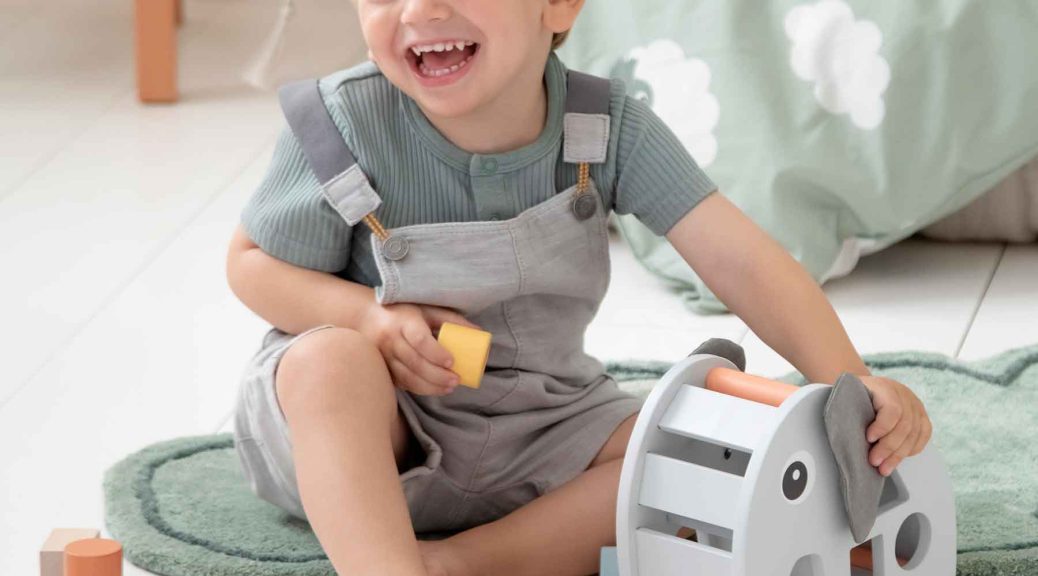


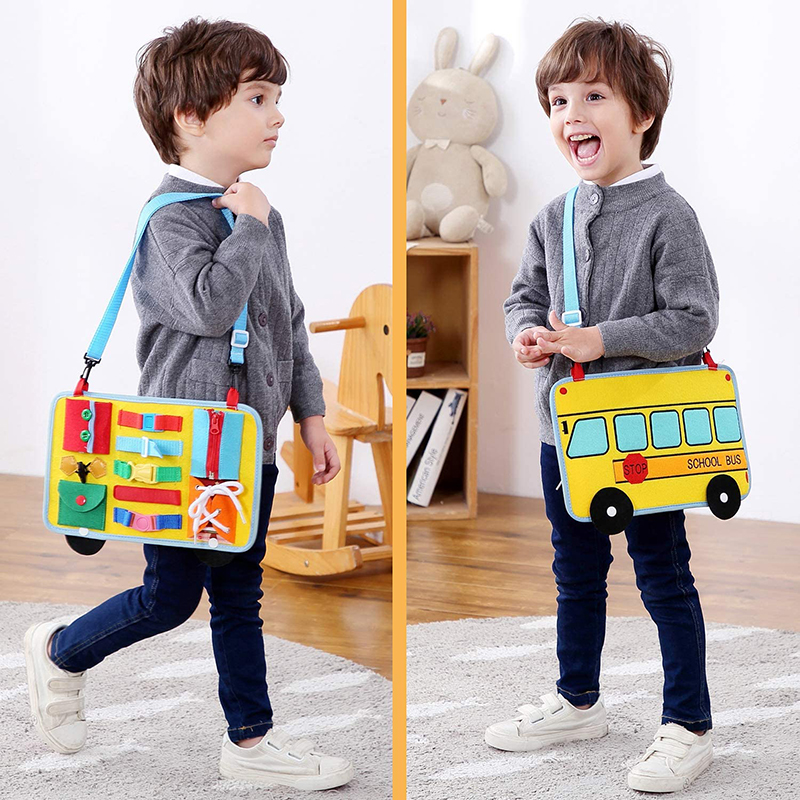
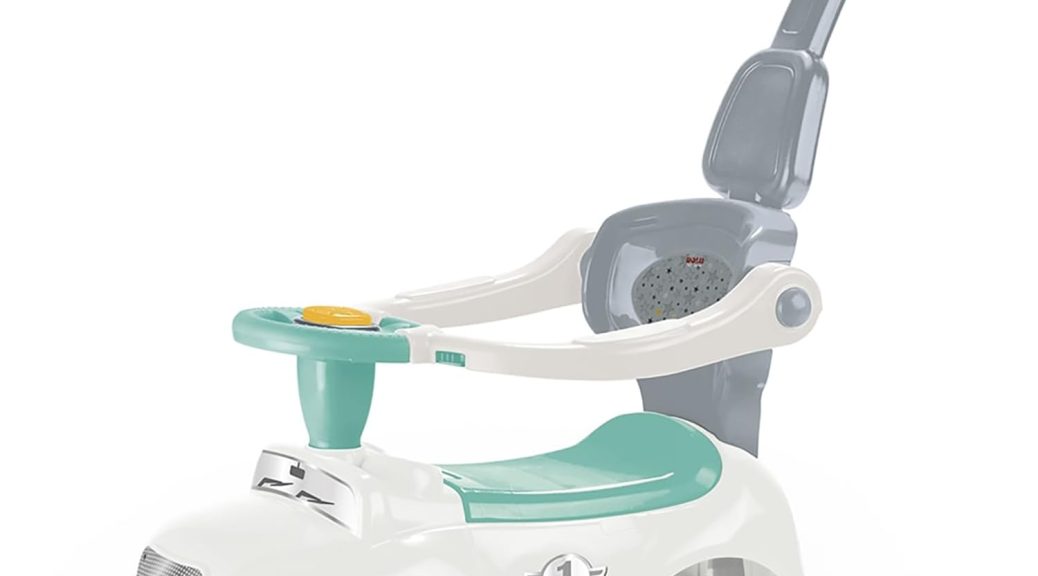
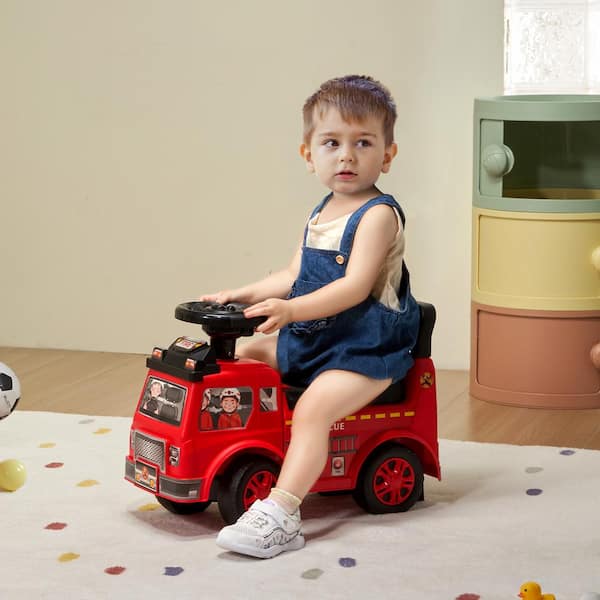


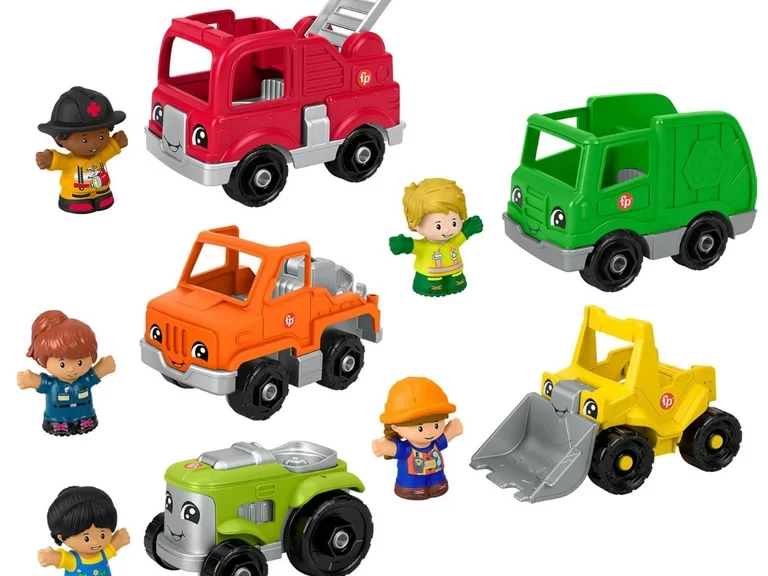


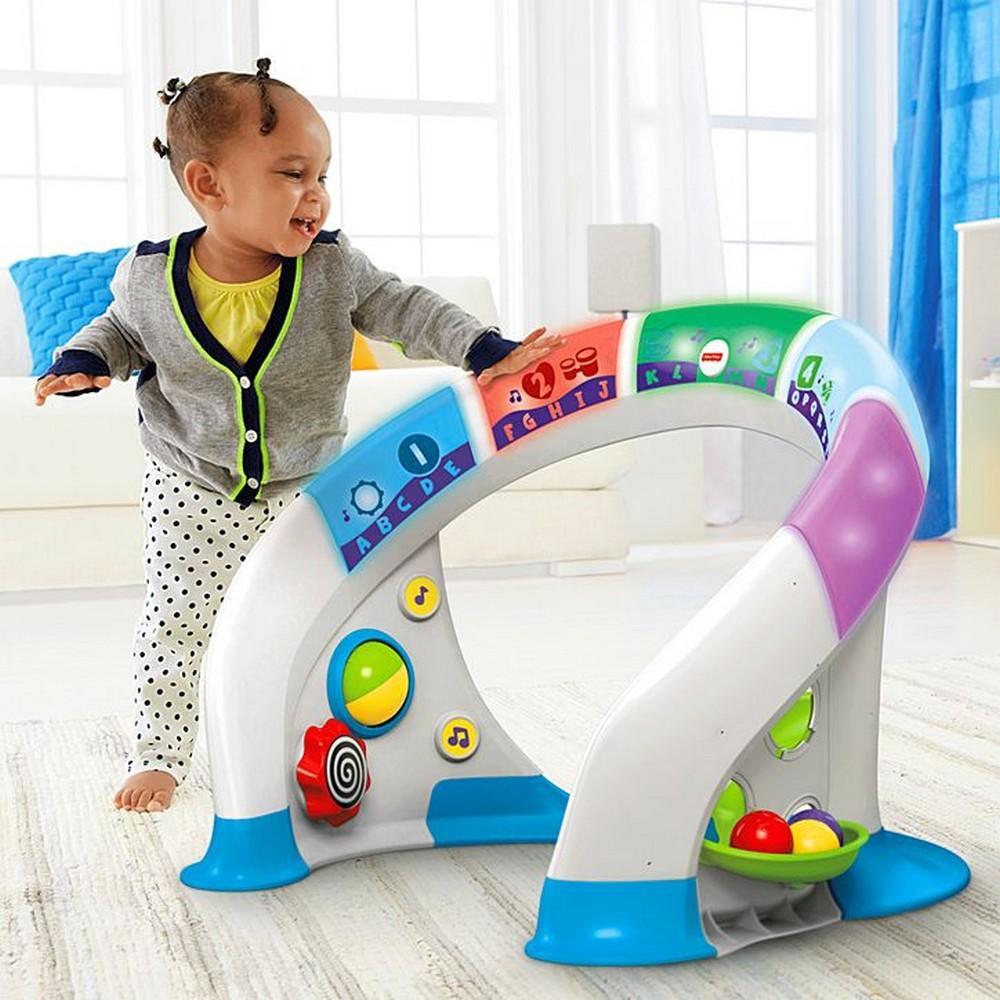
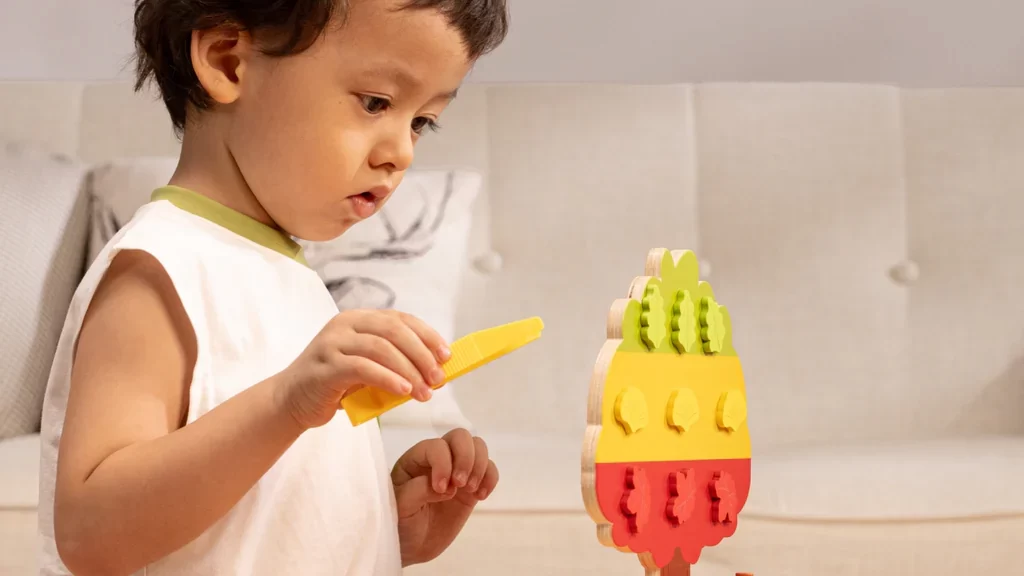

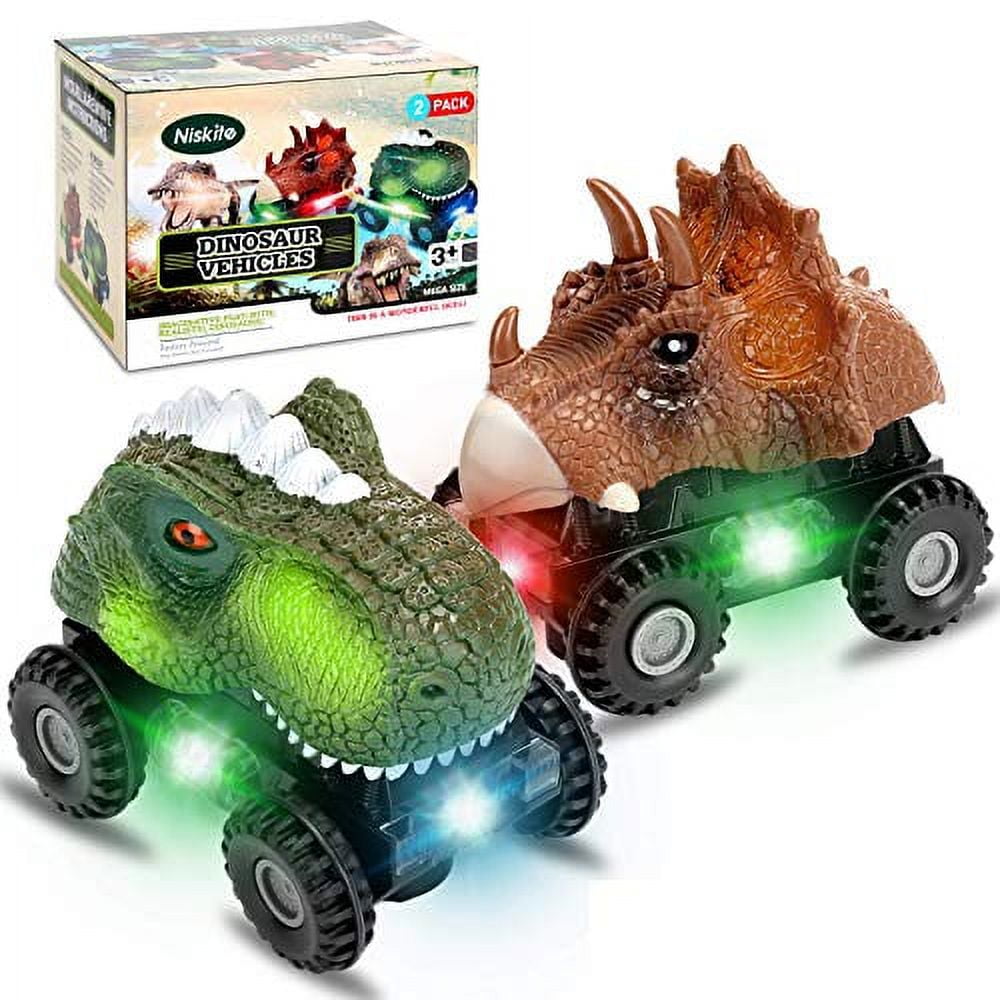




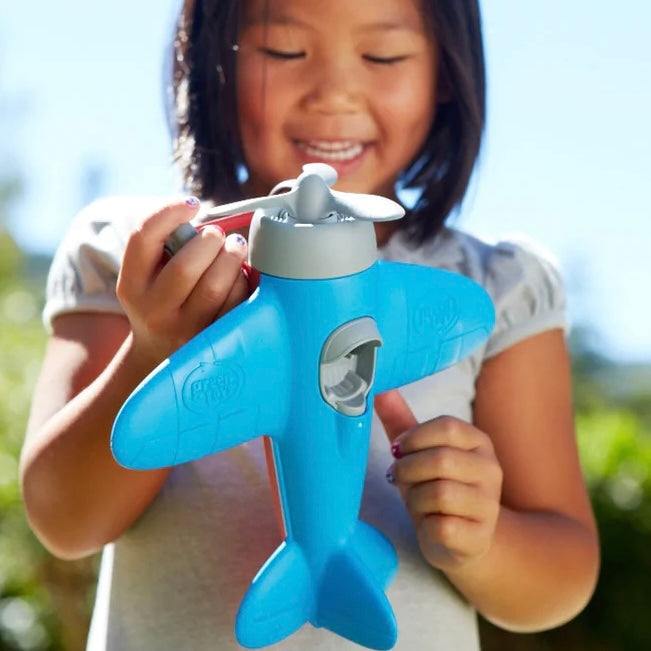
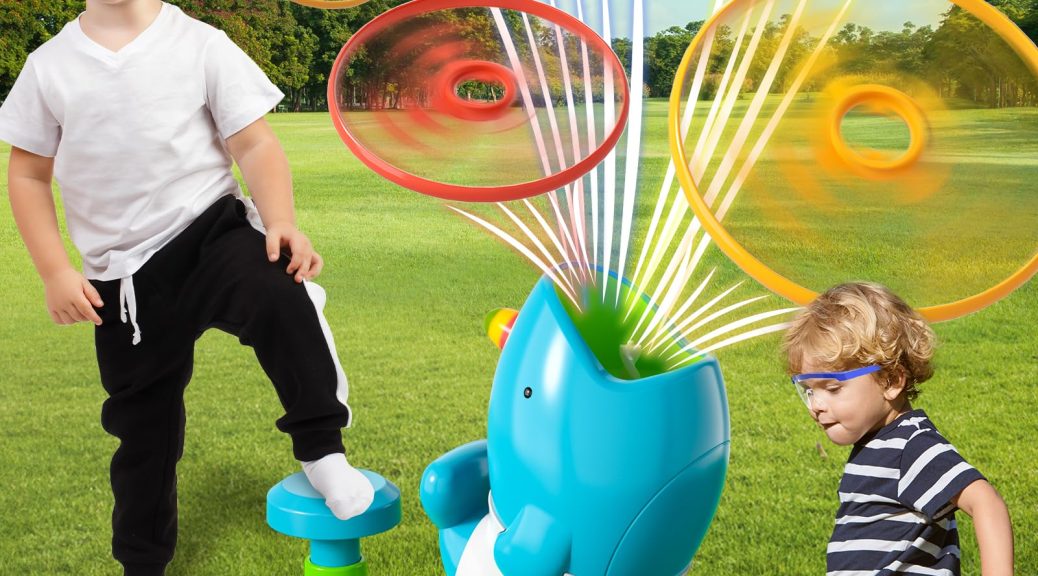

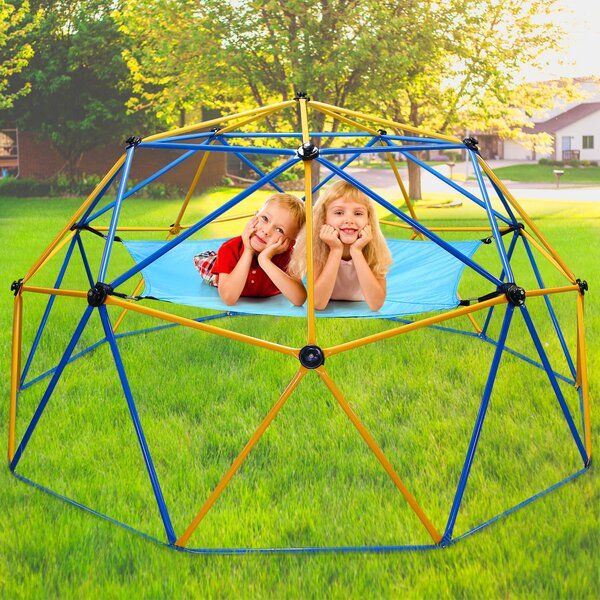

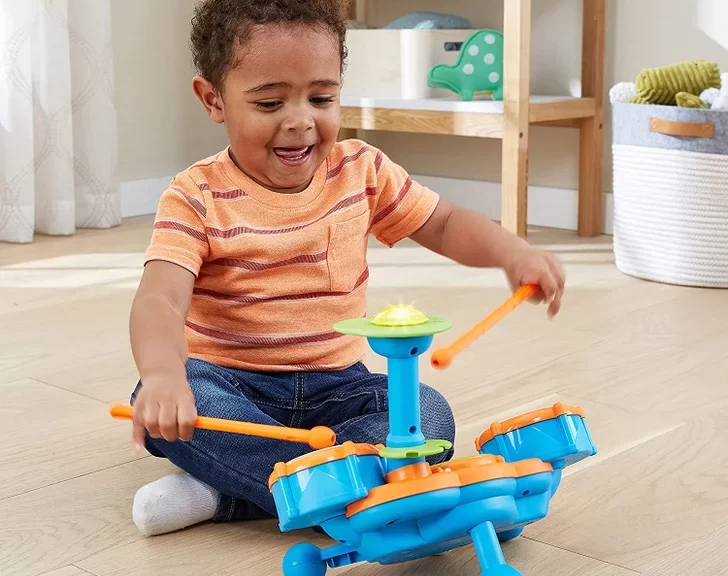

:quality(70):extract_cover():upscale()/2022/08/16/889/n/24155406/dfb3760f7b3b141f_netimgCkg0QN.jpg)




